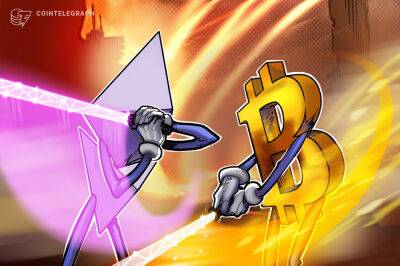Ethereum options data show pro traders ready to go long into ETH’s Merge
Ether (ETH) is down 11.5% in seven days even after the recent confirmation of the "Ethereum merge" transition to a proof-of-stake (PoS) consensus network in September. During the Ethereum core developers conference call on July 14, developer Tim Beiko proposed Sept. 19 as the tentative target date.
The transition out of energy-intensive mining has been delayed for years, and the journey toward scalability using sharding technology — parallel processing capability — is yet to be scheduled. Still, some analysts expect the network’s monetary policy to boost the value of Ether.
Ethereum researcher Vivek Raman highlighted the effect of the "supply shock" and according to the analyst, the "merge" will "reduce ETH's total supply by 90%," even though no benefit in transaction fees is to be seen in the current transition stage.
Regulatory uncertainty could be partially responsible for Ether's recent sharp correction. A class-action has been proposed against Yuga Labs for "inappropriately inducing" the community to buy nonfungible tokens (NFTs) and the ApeCoin (APE) token. Furthermore, the law firm claims that Yuga Labs used celebrity promoters and endorsements to "inflate the price" of the BAYC NFTs and the APE tokens.
Moreover, on July 26, Infrawatch PH, a think tank in the Philippines, filed a complaint to the local regulator to crack down on Binance's activities and alleged unregistered operations. The petition claims that the exchange has no office in Manila and only uses "third-party companies" for its technical and customer support services.
Investors should look at Ether's derivatives markets data to understand how whales and arbitrage desks are positioned. The 25% delta skew is a telling sign whenever traders overcharge for
Read more on cointelegraph.com






















